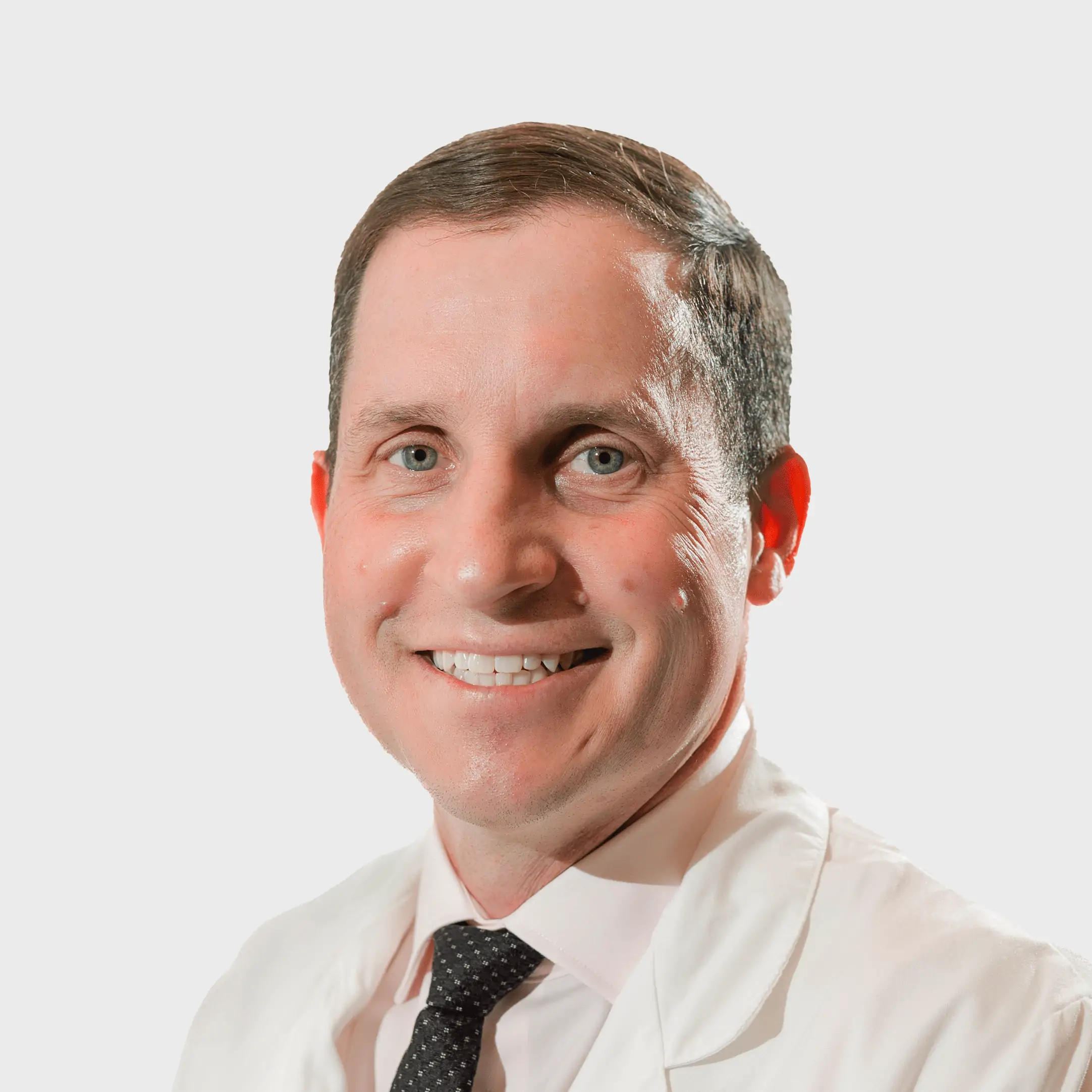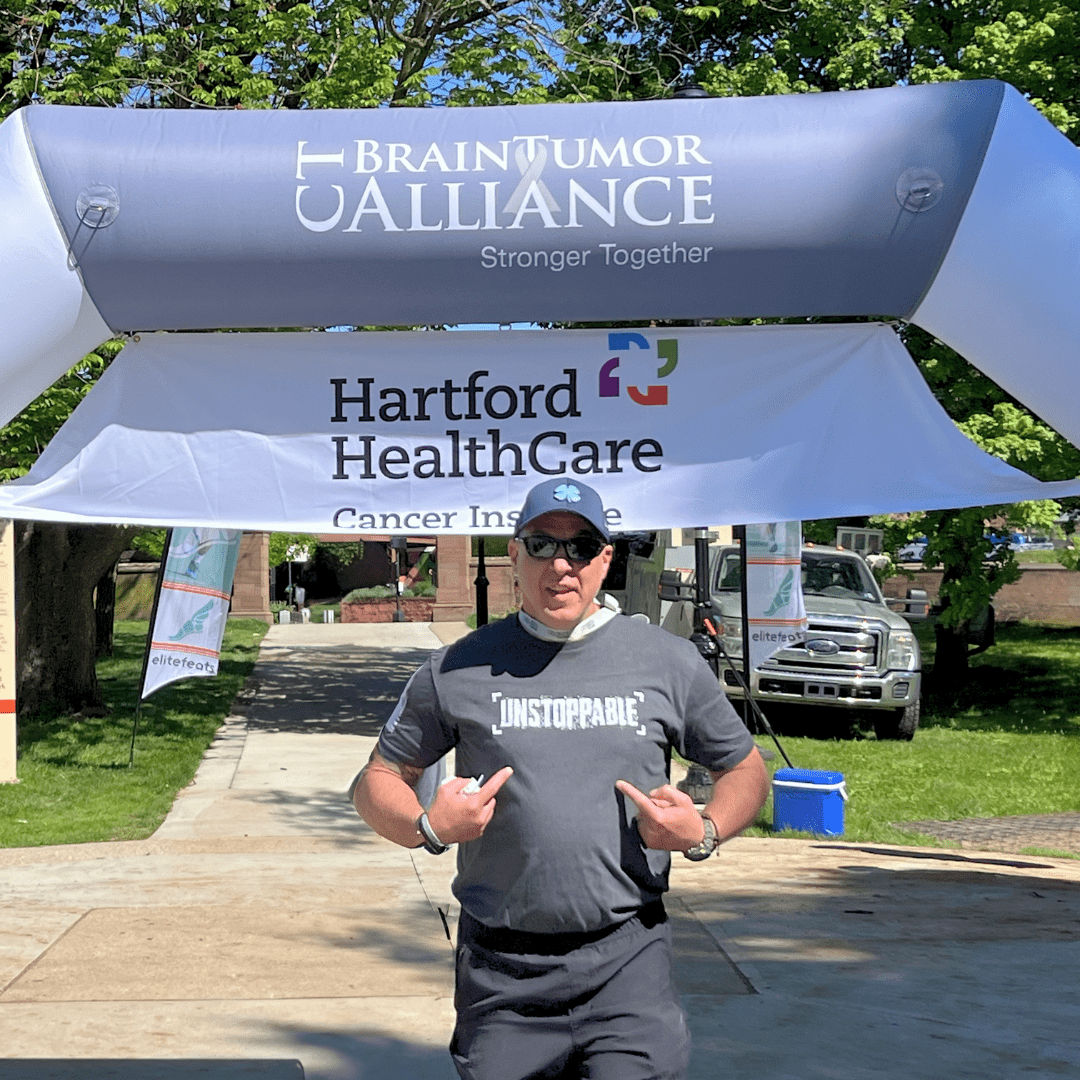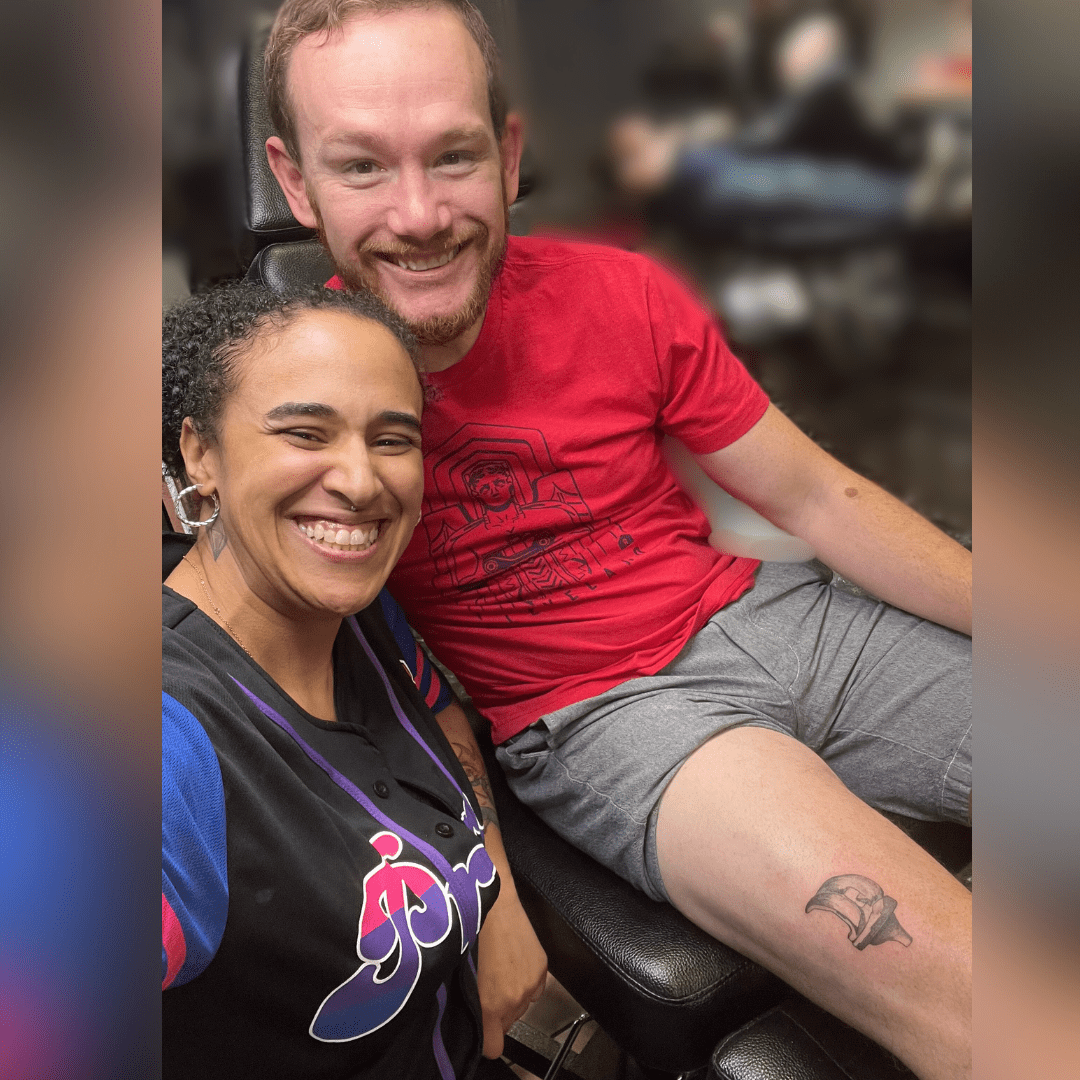Knee replacement surgery is a treatment for severe knee pain where damaged cartilage and bones are replaced with artificial implants. The procedure helps restore mobility and relieve severe pain in patients with arthritis (joint inflammation and degeneration).
What to Know About Knee Replacement Surgery
- During knee replacement surgery, one of our orthopedic surgeons will resurface your damaged knee with artificial components, called implants.
- There are two main types of knee replacements, partial and total replacements, with total replacement being the more common procedure.
- Many knee replacements can be done in an outpatient setting, meaning you can skip the hospital stay and go home the same day.
Which Conditions Does Knee Replacement Surgery Treat?
- The most common condition that patients get knee replacement surgery for is osteoarthritis, which is the most common form of arthritis. It is caused by wear and tear and causes pain and stiffness in joints. It is most common among older adults.
-
Other conditions that knee replacement surgery may treat include:
- Knee injury
-
Rheumatoid arthritis or other types of arthritis
Who is a Good Candidate for Knee Replacement Surgery?
While knee replacement surgery is very common, the treatment is most commonly recommended for:
- Patients with severe knee damage due to arthritis or injury.
- Patients who experience severe knee pain and swelling to the point where everyday activities such as walking, climbing stairs, and standing up are painful and difficult.
- Patients who have not responded to other treatments like physical therapy, medications, injections, or other surgical procedures.
What Can I Expect During Recovery Following Knee Replacement Surgery?
Depending on their overall health and other factors, patients could go home the same day (outpatient surgery) or they may require an overnight hospital stay for observation.
Physical therapy is critical for recovery after knee replacement. Occasionally this will be started at your home in the first few days after surgery. All patients will need to do outpatient physical therapy at our office or another facility of your choosing for about 8-12 weeks after surgery.
Return to work and driving ability vary among patients depending on your function, pain, and your occupation. In order to drive, you must be off of all narcotic pain medications, and you must test your own ability to react and use the brakes appropriately. This is typically about 2-3 weeks after surgery.
A patient’s recovery experience is also dependent on his or her adherence to a recovery plan. The recovery plan for knee replacement surgery may include:
- Physical therapy
- Limiting or modifying activities
- Using assistive devices like a walker or cane, and an ice machine to help with inflammation
- Medications to assist with pain and swelling
- The most common condition that patients get knee replacement surgery for is osteoarthritis, which is the most common form of arthritis. It is caused by wear and tear and causes pain and stiffness in joints. It is most common among older adults.
-
Other conditions that knee replacement surgery may treat include:
- Knee injury
-
Rheumatoid arthritis or other types of arthritis
While knee replacement surgery is very common, the treatment is most commonly recommended for:
- Patients with severe knee damage due to arthritis or injury.
- Patients who experience severe knee pain and swelling to the point where everyday activities such as walking, climbing stairs, and standing up are painful and difficult.
- Patients who have not responded to other treatments like physical therapy, medications, injections, or other surgical procedures.
Depending on their overall health and other factors, patients could go home the same day (outpatient surgery) or they may require an overnight hospital stay for observation.
Physical therapy is critical for recovery after knee replacement. Occasionally this will be started at your home in the first few days after surgery. All patients will need to do outpatient physical therapy at our office or another facility of your choosing for about 8-12 weeks after surgery.
Return to work and driving ability vary among patients depending on your function, pain, and your occupation. In order to drive, you must be off of all narcotic pain medications, and you must test your own ability to react and use the brakes appropriately. This is typically about 2-3 weeks after surgery.
A patient’s recovery experience is also dependent on his or her adherence to a recovery plan. The recovery plan for knee replacement surgery may include:
- Physical therapy
- Limiting or modifying activities
- Using assistive devices like a walker or cane, and an ice machine to help with inflammation
- Medications to assist with pain and swelling
Why Choose Middlesex Orthopedic & Spine Associates for Knee Pain
Middlesex Orthopedic & Spine Associates’ orthopedic knee surgeons are dedicated to providing surgical and nonsurgical approaches for treating acute and chronic knee conditions. Our specialists strive to offer the highest level of knee care that helps patients to restore function, reduce discomfort, provide relief, and prevent further injury. All of our surgeons are fellowship-trained, and many of them perform hundreds of knee replacement surgeries per year. We have outstanding outcomes with low complication rates.
Physicians

- Sports Medicine
Practicing in:
Middletown, Hebron, Newington, and Westbrook
- Sports Medicine
- Hip and Knee Replacement
Practicing in:
Middletown and Westbrook
- Sports Medicine
- Hip and Knee Replacement
Practicing in:
Middletown and Marlborough
- Hip and Knee Replacement
Practicing in:
Middletown, Newington, Westbrook, and Marlborough
- Sports Medicine
- Hip and Knee Replacement
Practicing in:
Middletown, Westbrook, and Marlborough
- Sports Medicine
- Hip and Knee Replacement
Practicing in:
Middletown, Hebron, and Newington
- Hip and Knee Replacement
Practicing in:
Middletown, Newington, and Westbrook








